The statistics are sobering: every 67 seconds, someone in the United States develops Alzheimer’s disease. Globally, this neurodegenerative condition is on track to affect nearly 153 million people by 2050.
Yet, despite decades of research, there remains no cure or definitive way to halt its progression. While pharmaceutical companies continue to chase elusive treatments, a simple and cost-effective mineral may already hold some of the answers—lithium.
Often stigmatized due to its use in psychiatric medications, it is emerging as a promising tool in the fight against Alzheimer’s. Lithium is thought to, even at low doses, protect brain cells, reduce harmful proteins associated with Alzheimer’s, and potentially delay the onset of cognitive decline.
With functional medicine’s focus on prevention and holistic care, lithium’s role is being revisited not as a drug, but as a powerful neuroprotective nutrient that could transform how we approach brain health.
Alzheimer’s Disease and the Urgent Need for Prevention
Alzheimer’s disease is one of the greatest health challenges of our time. It’s not just about memory loss—it’s a progressive condition that affects thinking, personality, and the ability to perform daily activities.
Currently, over 55 million people worldwide live with dementia, and that number is rising rapidly. Despite billions of dollars in research, there’s still no cure.
What makes Alzheimer’s especially difficult is that the disease begins years, even decades, before symptoms appear. By the time noticeable memory issues emerge, significant brain damage has already occurred.
This is why prevention is so important—once neurons are lost, they’re incredibly difficult to restore. Fortunately, research is uncovering promising ways to slow or even prevent this damage, and one of the most exciting possibilities is lithium.
The Science Behind Lithium’s Neuroprotective Effects
Lithium exerts its neuroprotective effects through multiple mechanisms. One of the most well-researched pathways is its inhibition of glycogen synthase kinase-3 (GSK-3), an enzyme implicated in tau phosphorylation and beta-amyloid accumulation. By modulating this enzyme, lithium reduces the formation of these harmful proteins that contribute to Alzheimer’s disease.
Additionally, lithium has been shown to enhance brain-derived neurotrophic factor (BDNF), which supports neuronal survival and plasticity, crucial elements in cognitive health.
Several long-term studies highlight lithium’s potential in reducing the risk of Alzheimer’s. One study demonstrated that lithium-treated patients exhibited lower rates of dementia compared to non-users. Similarly, epidemiological research has found that populations consuming lithium-enriched drinking water have a reduced incidence of Alzheimer’s disease.
Moreover, clinical trials assessing low-dose lithium supplementation suggest improvements in cognitive performance among individuals with mild cognitive impairment.
Practical Applications of Lithium for Cognitive Health
Given its promising neuroprotective effects, lithium can be integrated into a preventive health strategy.
Research suggests that low-dose lithium supplementation, typically between 1-5 mg per day, may provide cognitive benefits without the risks associated with higher pharmaceutical doses.
When combined with other brain-supporting interventions, such as a Mediterranean diet, regular physical activity, and cognitive training, lithium may enhance overall cognitive resilience and delay neurodegeneration.
Despite its promising benefits, lithium’s association with psychiatric treatment often raises concerns. However, low-dose lithium differs significantly from pharmaceutical lithium prescribed for bipolar disorder.
Studies confirm that lithium at nutritional doses is well-tolerated and does not exhibit the same side effects commonly seen at higher doses. Understanding this distinction is key to recognizing lithium’s broader role in brain health.
Reclaiming Brain Health with Lithium
Alzheimer’s disease is a formidable challenge, but lithium offers a beacon of hope. Its ability to protect neurons, reduce harmful brain proteins, and enhance cognitive resilience makes it a natural ally in the fight against this devastating condition. While lithium is not a cure, its preventive potential is too significant to ignore.
Functional Medicine’s holistic approach provides the perfect framework for integrating lithium into a broader strategy for brain health. By embracing this overlooked mineral, we have the opportunity to take proactive steps against cognitive decline.
In a world where Alzheimer’s cases are rising, lithium’s protective properties could make all the difference—for ourselves and future generations.


